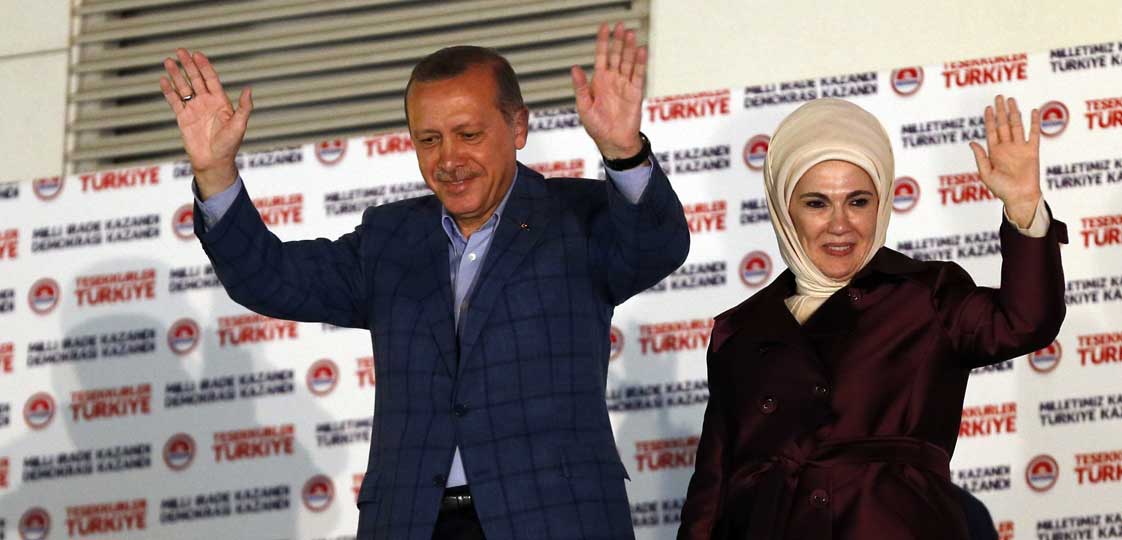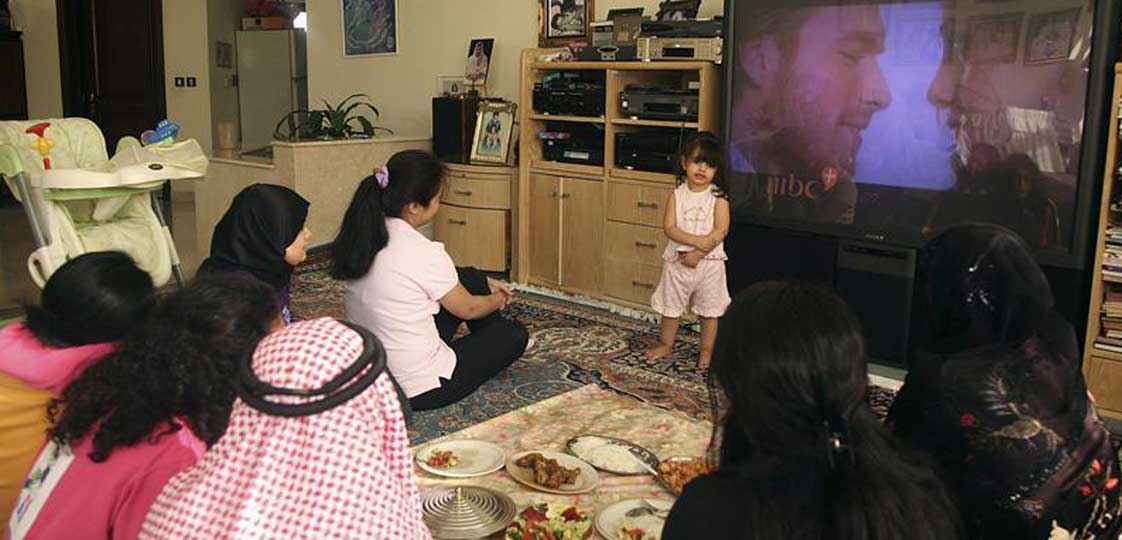Turkey has recently faced new elections to choose the new President of the Republic; once again, Erdogan wins the elections, obtaining a more relevant role in current Turkish politics.

It seems inevitable then to take a moment to think about the past and present of Turkish politics, mainly dominated by the AKP; and it also seems inevitable to analyse which strategical techniques Erdogan’s government has used to maintain its power for so long: exploiting the efficiency of an authoritarian leadership on the first place, but also a very smart use of soft power.
Although it is a peculiarity of small states that fail to establish themselves on the international political system and are in danger of being crushed by the neighboring superpowers, the soft power involves the use of methods apparently less “diplomatic” but still very effective: nation branding , promotion of events and sports teams, promotion of peace negotiations etc. (think about the small state of Qatar, that despite being a tiny strip of land was able to have international relevance using similar methods).
Turkey is not geographically a small country or politically in danger of being overshadowed, quite the contrary: the new Asian tiger continues to have an increasingly important role within the Middle East region. But it is thanks to these methods of soft power if it can now boast a similar geopolitical role in such a dynamic region.
This is the smart “Turkish move”: to have a large economic, political and military role supported by a heavy cultural presence. After all, what is the soft power if not this kind of strategy? Promoting sporting events, language centers that spread language and culture for free … and television series. Yes, because even though it may sound strange, it is also thanks to the spreading of its TV culture that a country can attract to itself the international interests, starting from the civil society.
It is then through the historical or sentimental soap operas that Turkey has won the hearts of the Middle East, gaining a great success and political television.
But why is it so successful? Nur, a Lebanese televiewer named after the main character of her favorite Turkish TV series, explains: “You can be a Muslim or not. They show you what life is like today. Many Arabs today are deprived of the pleasant aspects of modern life. They at least show us a way of life that in some Arab countries does not exist. So we see in Turkey a role model to turn to in case of need. An alternative model to the United States, but with the same historical and religious roots we share, which makes it even more legitimate in our eyes, consolidating the sphere of Turkish influence on our region.

The interest towards the Arab Turkish series is due both to the presence of cultural and historical affinity. The Ottoman Empire ruled over these territories for over 600 years, leaving clear traces: the very common past has served as an inspiration for some of the main series.
TV series like that of Suleyman the Magnificent help to reconsider the glorious past of the Empire from a different perspective; similar ideologies enter unconsciously in the minds of viewers who end up approving the idea of neo-Ottomanism, or how the recent policy of Erdogan in the Middle East has been described.
These series have not only conquered the Arab world, but have expanded to Greece, Turkey’s traditional antagonist. Since the Turkish TV series have also attracted Greek viewers, the Turks have finally gained the sympathy of the Greek neighbors, who often go to the nearby Istanbul to relive the scenes of their favorite series, or welcome visitors to Athens with sentences of the most popular Turkish soaps. A similar experience had already been initiated by the music of Tarkan, who seemed to have reunited a little more the two divided peoples, but now the effect was doubled.
Finally, it is not an exaggeration to say that, in some cases, the effectiveness of soft power of Turkish soap operas has also reached unexpected levels, in which media and television have, albeit slightly, contributed to several episodes of – if not peace – at least truce in a complex and tormented area as the Middle East. A famous example is that of a Turkish series broadcast during the conflict between Hamas and Fatah.
It was programmed in the Palestinian Territories at 4PM. During the that time, the two groups accepted the cease-fire to watch the series.
Who up until now has underestimated the power of certain “trivial” diplomatic strategies will have to look back to the Turkish example and maybe reconsider his opinion about the power of the ‘idiot box’.





